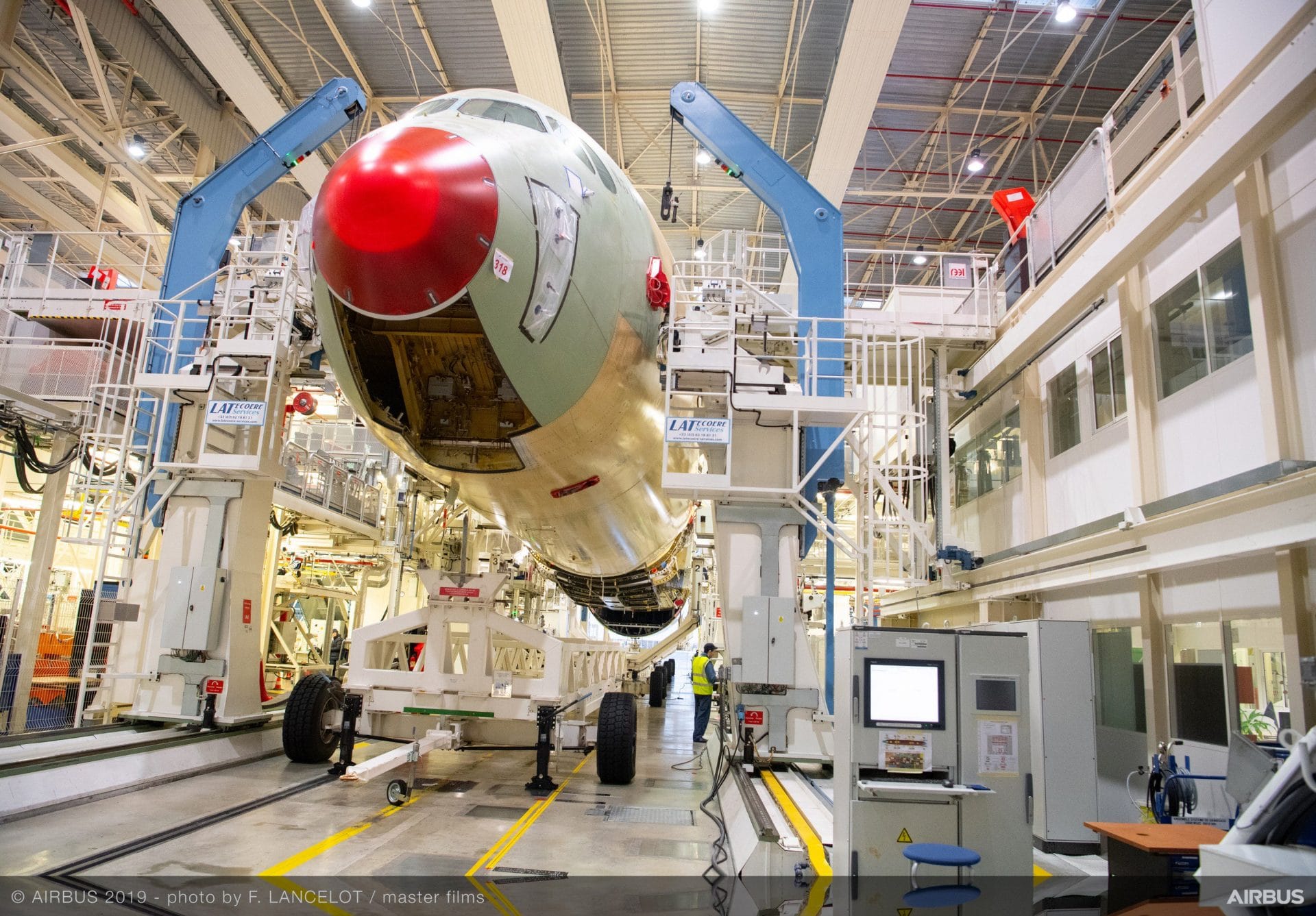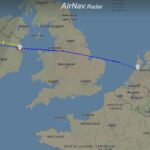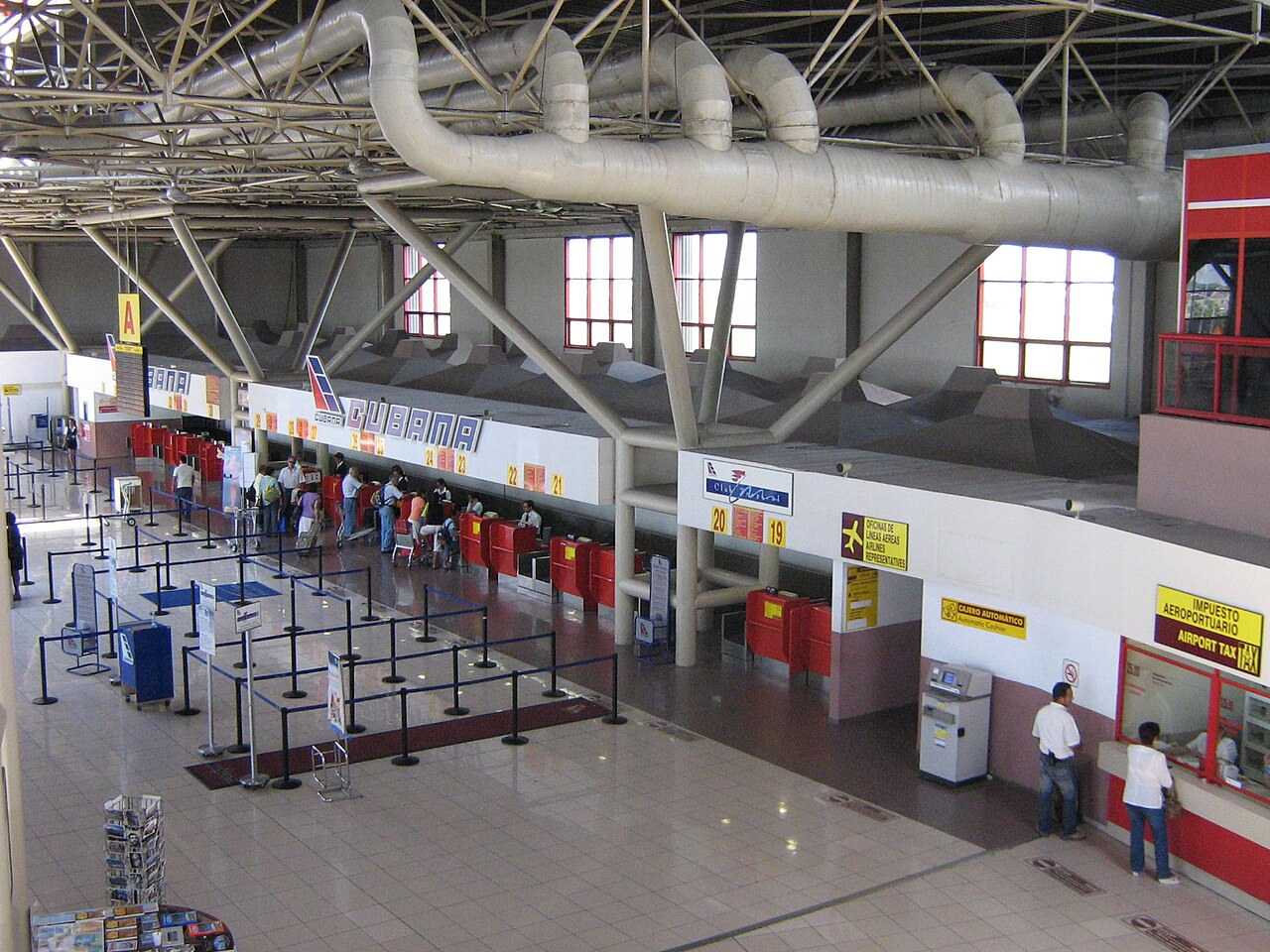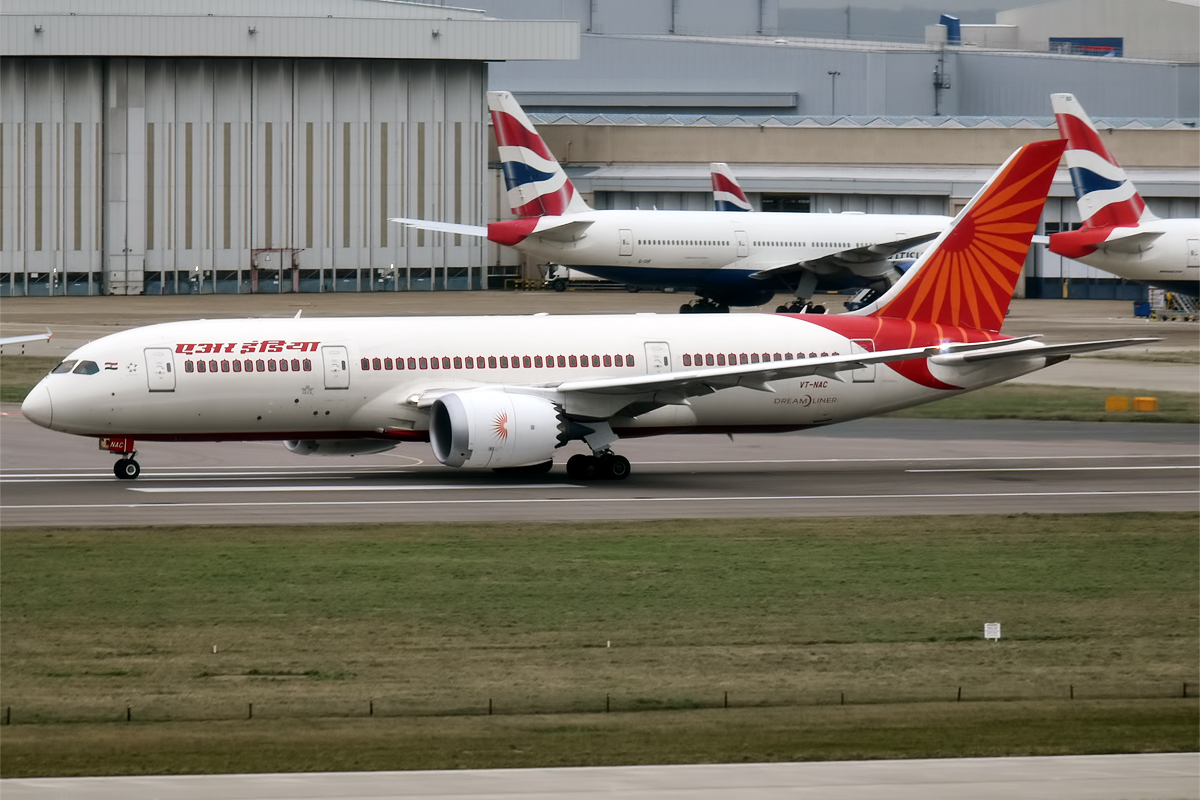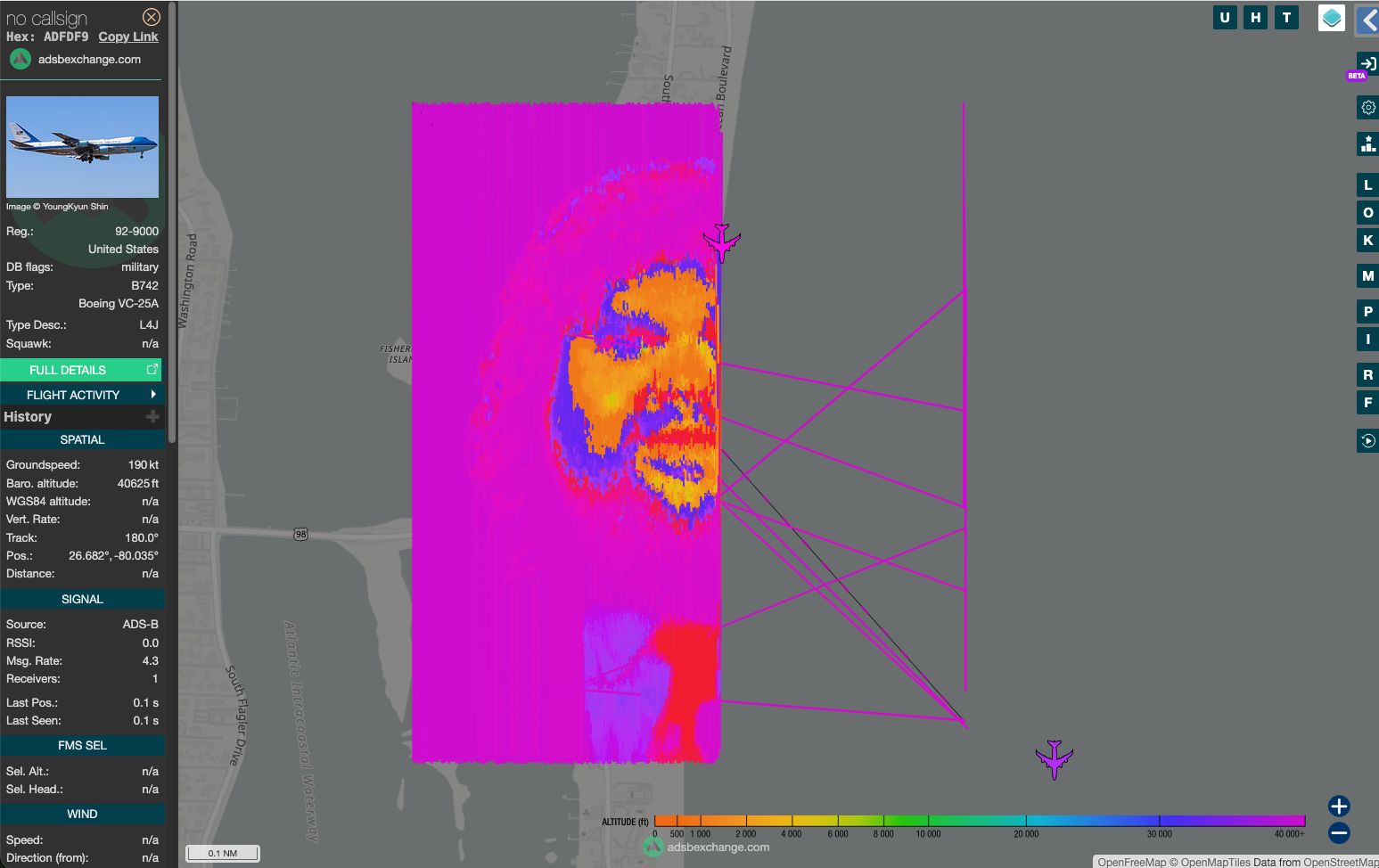Airbus’s CEO have warned that retaliatory aviation sector tariffs between the US and Europe would raise the price of aircraft and potentially hurt its chief rival Boeing.
President Donald Trump dumped the European Union in the worst category of America’s trade partners Wednesday, hitting the bloc with a 20 percent tariff on all imports.
Effects of Tariffs on Manufacturing Costs
Trump’s tariffs have the potential to increase manufacturing costs for aircraft producers. Both Airbus and Boeing rely on a complex global supply chain for parts and materials. Tariffs on imported goods can raise costs for components, impacting the overall cost of aircraft production. As these manufacturers aim to maintain competitive pricing, higher expenses could lead to increased prices for consumers and airlines alike.
Market Dynamics and Competition
Tariffs can alter the competitive landscape between Airbus and Boeing. If costs rise for one manufacturer due to tariffs, it could afford the other an advantage, potentially shifting market shares. Additionally, international response to these tariffs could influence trade relationships, as other countries may retaliate, affecting future orders and negotiations.
The effect on Airbus
Airbus could prioritise deliveries to non-U.S. customers if tariffs imposed by U.S. President Donald Trump were to disrupt the company’s imports in the country, CEO Guillaume Faury said in an interview with CNBC on Thursday.
We have a large demand from the rest of the world, so [if] we face very significant difficulties to deliver to the U.S., we can also adapt by bringing forward deliveries to other customers which are very eager to get planes”
Airbus CEO Guillaume Faury
Airbus spends 15 billion euros ($15.70 billion) annually with its network of more than 2,000 suppliers in the U.S., which is the largest single supplier to the company, according to the company’s website.
